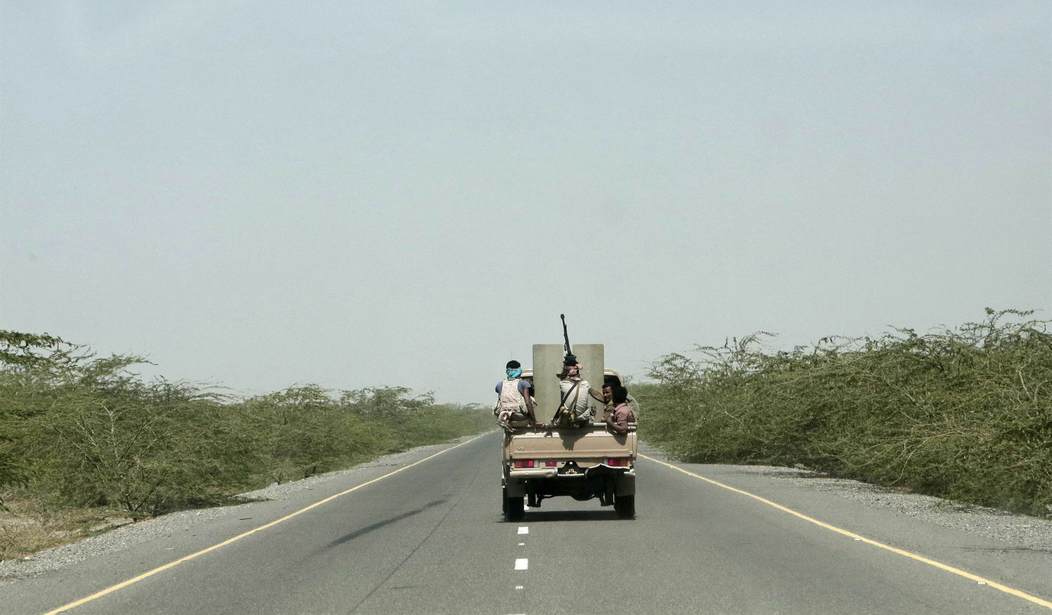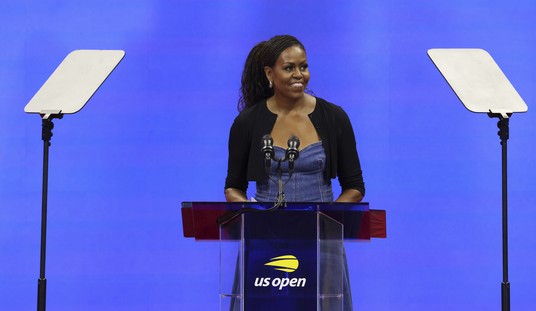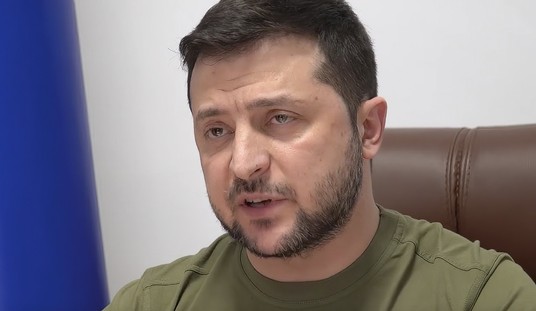The Houthi rebels have been at war with the internationally recognised government of President Abd Rabbu Mansour Hadi since 2014. They quickly gained control of large tracts of Yemen, including the capital city Sanaa. In March 2015, Saudi Arabia joined the fight, initiating an air campaign against the Iranian-backed rebels, who have retaliated by launching missile and drone attacks against Saudi oil installations and population centres, as well as towns and cities in the UAE, after they joined the Arab coalition against the Houthis. It has become a bloody conflict. With American logistical support there have been more than 18,000 Arab coalition raids on Houthi-held positions. Over130,000 people have been killed in the fighting and millions have been impoverished and displaced. Yemen, already one of the poorest countries in the Middle East, has been pushed to the brink of starvation. But, despite the ferocious air aids on Houthi positions, ammunition dumps and bases, little progress has so far been made towards re-capturing Sanaa.
The Samad-3 type suicide-drones used in the attack on Abu Dhabi international airport in January, killed 3 people at the state-owned oil company ADNOC. They were supplied by the Iranian regime. Further drone and missile attacks targeting the UAE have continued this month provoking a call for the Shi’ite Houthi militants to be re-listed as international terrorists. The Saudis have launched a series of retaliatory airstrikes on Houthi-held parts of Yemen, including Sanaa, killing scores of civilians and temporarily shutting down the Yemeni internet. The escalating conflict has been funded and supplied by the fundamentalist theocratic Iranianregime, whose policy of aggressive expansionism across the Middle East has seen them pour billions into proxy wars in the zone, despite 80% of the Iranian population struggling to survive on daily incomes below the international poverty line. Iran’s mullahs have backed Bashar al-Assad’s civil war in Syria for 11 yearsand they continue to finance and direct the Shi’ia militias in Iraq, Hezbollah in Lebanon and Hamas in Gaza.
Lurching from crisis to crisis as their economy crumbles and daily protests erupt across the country, the Iranian mullahs have nevertheless continued to invest heavily in military drone production. The theocratic regime regard unmanned aerial vehicles (UAV’s) as a primary tool of their Islamic Revolutionary Guards Corps’ (IRGC’s) extra-territorial Quds Force.They have used drones for targeted attacks on oil tankers in international waters in the Gulf of Oman. On 29th July last year, two drones were launched at a Liberian-flagged oil tanker with Israeli connections, as it sailed off the coast of Oman. Both drones missed their target and landed in the ocean. However, the following day, July 30th 2021, a drone, heavily armed with “military grade” explosives, hit the tanker, blasting a six-foot hole in the ship and killing a Romanian and a British crewman.Houthi fighters in Yemen are apparently using civilian facilities at Sanaa airport and the Red Sea port of Hodeidah as bases to launch ballistic missiles and drones.
Recommended
Intelligence reports from resistance units inside the theocratic regime also indicate that mercenaries and militants from dozens of terrorist organizations supported by the mullahs,regularly travel to Iran for advanced UAV training by the Quds Force, including on the use of missiles and sabotage operations. Pre-assembled drones are then dispatched to target countries through the IRGC’s base at Mehrabad International Airport in Tehran, or sent clandestinely by truck to Syria, Iraq, Lebanon and Palestine, hidden in containers, or sometimes by sea to Yemen and other areas. In May last year, the guided-missile cruiser USS Monterey, announced that it had intercepted and seized a shipment of thousands of assault weapons, machine guns, sniper rifles, anti-tank guided missiles and ammunition, hidden on board a ship in the Arabian Sea, heading to Yemen from Iran. The weapons were clearly for the Houthi rebels. The ship, after being cleared of weapons, was later released by the US. But last week, the same vessel was once again stopped in the Gulf of Oman by the US Navy and found to be carrying 40 tons of explosive material used for making IED’s (improvised explosive devices). Once again it was bound for Yemen from Iran.
Yemeni Prime Minister Maeen Abdul Malik Saeed told journalists in the Middle East last week that recent discussions in Washington showed that the Biden administration had “belatedly” concluded that the de-listing of the Houthis had been counterproductive. He said that since they had been removed from the US global terrorist list, the Houthis had increased their deadly strikes inside and outside Yemen, claiming many civilian lives. He said they had undermined international maritime security through the Red Sea by planting water-borne explosive devices and launching attacks on ships and he called for their re-designation as global terrorists.
A spokesperson in the UAE embassy in Yemen stated “This designation will help disrupt illicit financial and weapons networks feeding the Houthi terror machine. It will add to mounting pressure on the Houthis to engage in UN-led peace efforts that can end hostilities in a war that has gone on far too long.” What is abundantly clear is that the time has come for the West to strike at the head of the Iranian octopus in Tehran, as Israel’s Prime Minister Naftali Bennett has said, rather than struggling to deal with its tentacles in Syria, Iraq, Yemen, Lebanon and Gaza.
Struan Stevenson is the Coordinator of the Campaign for Iran Change (CiC). He was a member of the European Parliament representing Scotland (1999-2014), president of the Parliament's Delegation for Relations with Iraq (2009-14) and chairman of the Friends of a Free Iran Intergroup (2004-14). Struan is also Chair of the ‘In Search of Justice’ (ISJ) committee on the protection of political freedoms in Iran. He is an international lecturer on the Middle East and is also president of the European Iraqi Freedom Association (EIFA).

























Join the conversation as a VIP Member